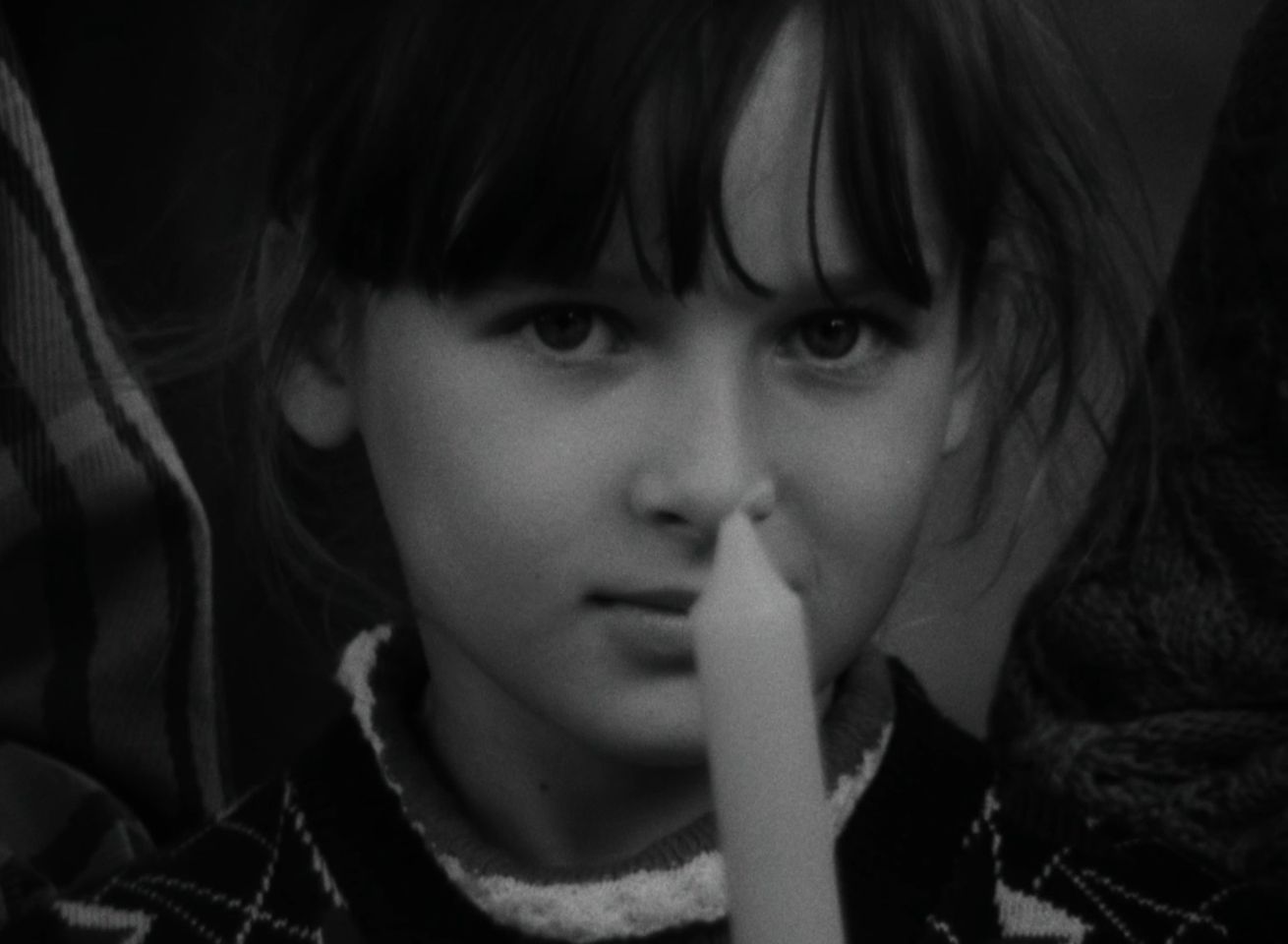


Audrius Stonys on The Baltic Way

The Baltic Way for me and for my whole generation, those who survived this event, will remain as a genetic code that is deeply and substantially engrained in the consciousness. As a believer, I see this event from a theological perspective. It seems to me that, for a very brief moment, God opened the gates of history to us and showed us what we could be—brave, tolerant, loving, altruistic and noble. Allowed a glimpse into the preserved heart of the soul of the nation. Souls that have been raped, strangled, tortured and paralyzed for so many years, yet remained and unbroken.
It seems to me that this moment of truth and love was essential for that, later, when everything is covered by the dust of everyday life, when the burden of injustice and hurt will no longer allow you to see the real person in a person, when selfish politicians are all over the place, the person will lose hope and the way, and when it will seem that there is no other way and it can’t be, we could stop and tell ourselves that we could be different.
And it’s not the numbers that count. We can leave the numbers to the composers of the Guinness Book. The important thing is that we were able to reach out to a stranger who was sitting next to him. Holding hands is a very intimate act that requires mutual trust. We did not ask the person standing next to him what his religion, what his orientation, or even what his nationality was.
Later, the Baltic Way repeated, but not in an occasion handshake on some anniversary years of the Baltic Way, when the shape was repeated, but the contents remained empty, and on the night of January 13. Back then people defended Lithuanian freedom by joining hands. Loreta Asanavičiute died under a tank of caterpillars, but didn’t let go of the hand of her friend who was standing next to her until the last moment. I think this contains the greatest meaning of the Baltic Way.
And still, above all this transparent and festive Baltic Way, there was some unnamed sadness prevailing at that time. Maybe it was a painful realization that entire generations of people who were waiting with their lives and sacrifice approaching our Freedom Day, did not get it. Maybe it was a historical feeling that everything is just beginning, that Freedom is not an event, but a long and sometimes very difficult process. We tried to record that unexplainable feeling in the fabric of the movie “Baltic Way”. Many were surprised at that time and some were even outraged by Handel’s music minor, which played in the movie and Vytautas Machernys verses read by his sister, about people walking through the storm and the blazing rain, falling a thousand times, rising and walking away. Now we can remember and name all the political, moral, valuable storms and rains that we had to pass in those 35 years since the Baltic Way. A strange paradox—the movie sent a message that even the filmmakers themselves understood only after many years.
The movie “Baltic Way” itself traveled the whole world, from Seoul to Montevideo and continues. The nearest movie stop – Paris Pompidou Center in November this year.
The Baltic Way continues. Not in external, artificial repetitions of forms, occasional hugging, but in real acts of love and brotherhood. When Lithuania collected millions of support for Ukraine fighting for its and our freedom in a few days, I felt like we were standing on the Baltic Way again.
***